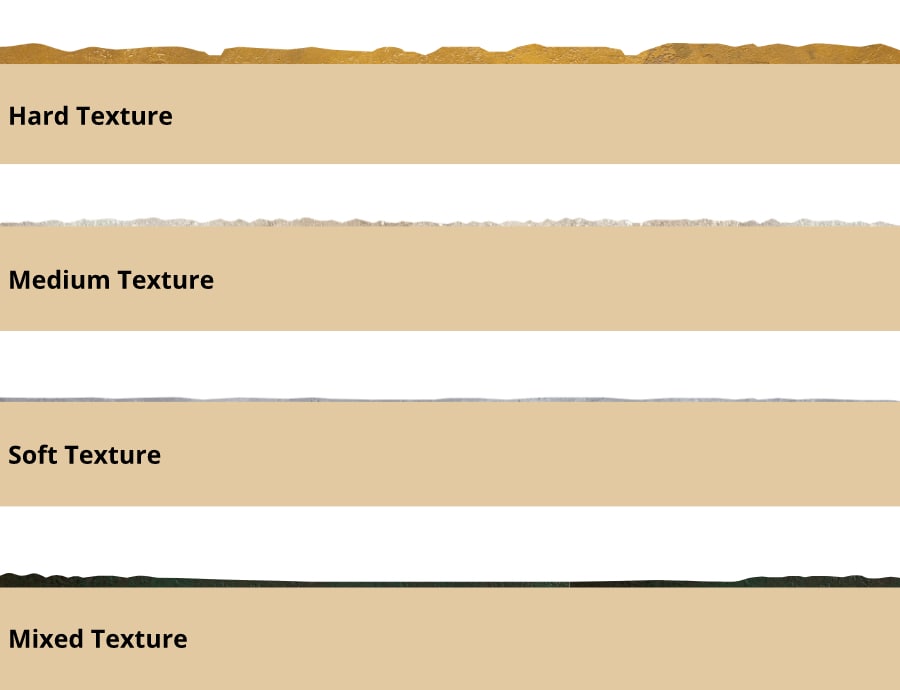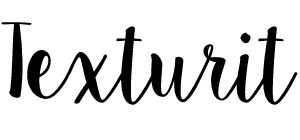The Texturit textured backgrounds are defined as 3D as the surface is truly material, with roughness and grain evident in the three spatial dimensions. They are not optical effects but pure material distributed, in various ways and quantities, on the wooden surface. These 3D textured backdrops imitate stone and metals in their various natural manifestations and are of 4 types, classified according to the grain of the texture.
- Hard
- Medium
- Soft
- Mixed
1.Hard
The “Hard” texture is the one with the highest and most recurring grain in Texturit backdropss. It gives maximum material evidence to the background, creating a tactile effect above all by exploiting the play of light on the surface. Plays of light and shadow are a characteristic of Texturit material backdrops, unique and unobtainable elsewhere. Background with “Hard” texture are for instance: Brisbane, Baltimora, Avignone, Taipei, Osaka, Portsmouth, Belgrado, Caracas, Chamonix, etc.
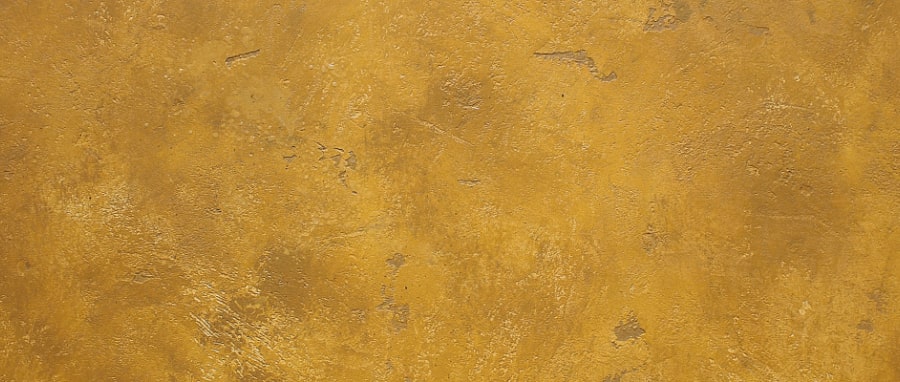
Texture “Hard”
2.Medium
The “Medium” weave is a less accentuated material surface than the “Hard”. It is found in backgrounds such as Detroit, Princeton, Pittsburg, Nicosia, La Rochelle. The play of light is less evident and the bumps less marked. The grain of the material is only noticeable with a closer look, giving the surface the typical materiality of rusted metal or a poorly polished stone.
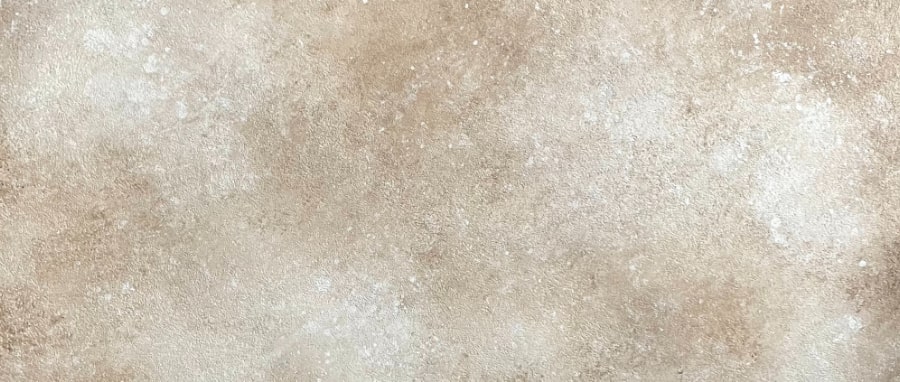
Texture “Medium”
3.Soft
The “Soft” texture has a slight consistency, as in the Dubai, Bordeaux, Kuala Lumpur, Seattle, Porto, Palermo, Berlino, Anversa finishes, where you can see the slightly rough surface but not enough to clearly interact with the light. This soft grain gives a more homogeneous and velvety effect to the image.
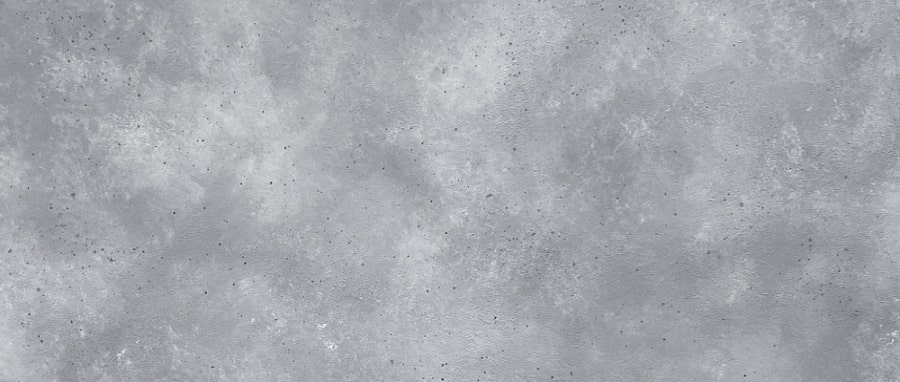
Texture “Soft”
4.Mixed
The “Mixed” texture type is typical of the Munster, Malmö, Amalfi finishes in which a “Hard” grain on the outside of the panel is followed by a “Soft” one approaching the center of the panel.
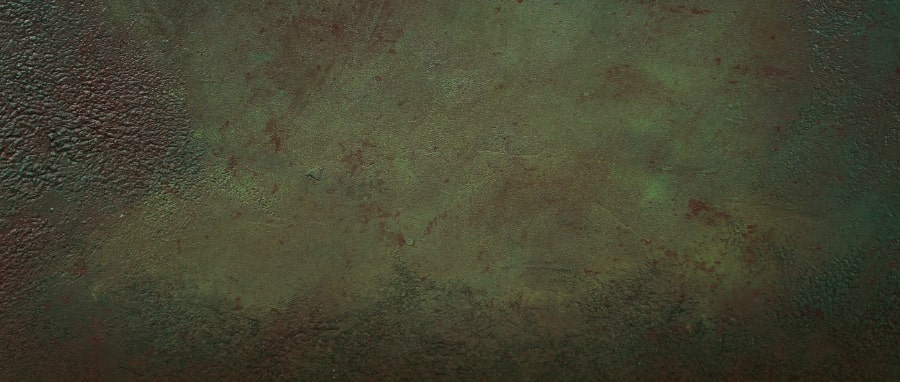
Texture “Mixed”
Conclusion
In this graphic illustration we compare the cross sections of the various types to highlight the difference in texturing.
